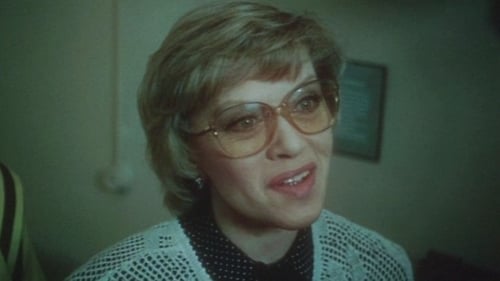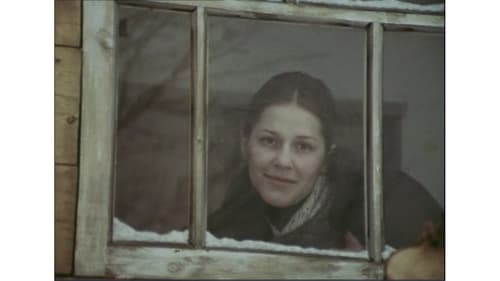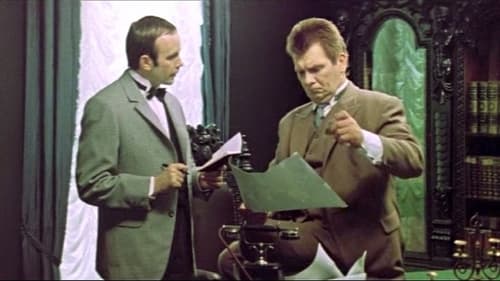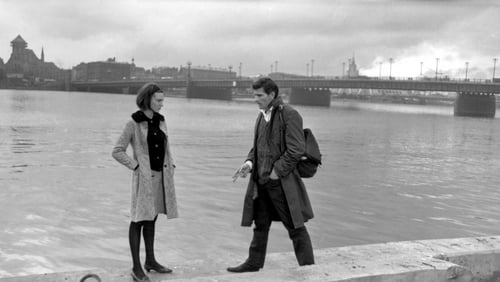Rostislav Goryayev
Nacimiento : 1934-01-26, Latvia
Muerte : 2007-02-23
Historia
Родился в Риге 26 января 1934 года. Учился У Леонида Сергеевича Вивьена на режиссёрском факультете Ленинградского театрального института им. А.Н. Островского, который окончил в 1958 году. После дипломного спектакля в Драматическом театре Комсомольска-на-Амуре, работал в Лиепае: в Театре Балтийского флота (1959 - 1960) и в Риге: Рижском ТЮЗе и в Рижском театре русской драмы. С 1959 года режиссёр Рижской киностудии — кинодокументалист, снимал сюжеты для киножурналов: «Фитиль», «Советская Латвия» и «Максла». После дебюта с короткометражным фильмом «На трассе» (1964), снимает первую полнометражную картину «Ноктюрн» о интернационалистах времён испанской гражданской войны, исполненную хемингуэевским духом (1966). Кроме Риги, руководил съёмками на Творческом объединении «Экран» и Свердловской киностудии. В качестве актёра работал в фильмах Дзидры Ритенберги «Последний репортаж» (1986) и Роланда Калниньша «Афера Цеплиса». Ставил пьесы в Ленинградском Театре драмы им. А.С.Пушкина, родном театре своего учителя. В 1974 — 1979 главный режиссёр Центрального театра Советской армии, сменив на этом посту Андрея Алексеевича Попова. В дальнейшем режиссёр-постановщик в различных театрах Москвы, Риги, Алма-Аты, Ярославля и Нижнего Новгорода. Заслуженный деятель искусств. Скончался 23 февраля 2007 года в Санкт-Петербурге.





